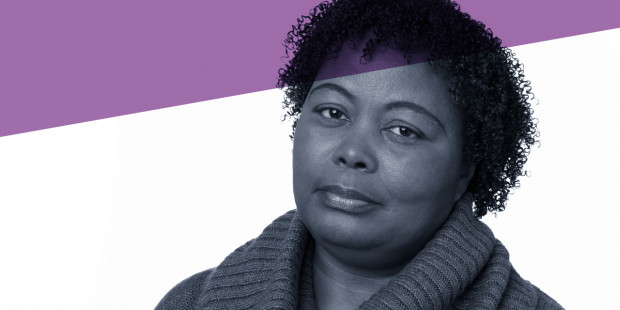
Left untreated, HIV infection goes through the following stages:
1. Seroconversion illness
Some people experience a short illness soon after they contract HIV. This is known as seroconversion illness or primary or acute HIV infection.
In some people, seroconversion illness is so mild that it passes without being noticed. Some people mistake it for the flu, but for others it's more severe and they may need to see a doctor.
Seroconversion is the period when someone with HIV is at their most infectious.
2. The asymptomatic stage of HIV
Once seroconversion is over, most people feel fine and don’t experience any symptoms. This is often called the asymptomatic stage and it can last for several years.
Though you might feel well at this stage, the virus is active, infecting new cells, making copies of itself and damaging your immune system’s ability to fight illness.
3. Symptomatic HIV
The longer you live with HIV without treatment, the greater your risk of developing infections that your weakened immune system can’t fight: certain cancers, as well as the direct effects of HIV.
Getting ill in one of these ways means that you now have symptomatic HIV.
4. Late-stage HIV
If HIV has a chance to cause a lot of damage to your immune system, you may become ill from certain serious opportunistic infections and cancers. These illnesses are also known as AIDS-defining.
AIDS-defining illnesses:
- cancer
- tuberculosis (TB)
- pneumonia
If diagnosed promptly and go onto treatment straightaway, most people living with HIV never experience late-stage HIV. Staying healthy is key to living well with HIV, including exercising regularly, sleeping well and eating well, stopping smoking, and looking after your mental wellbeing.







